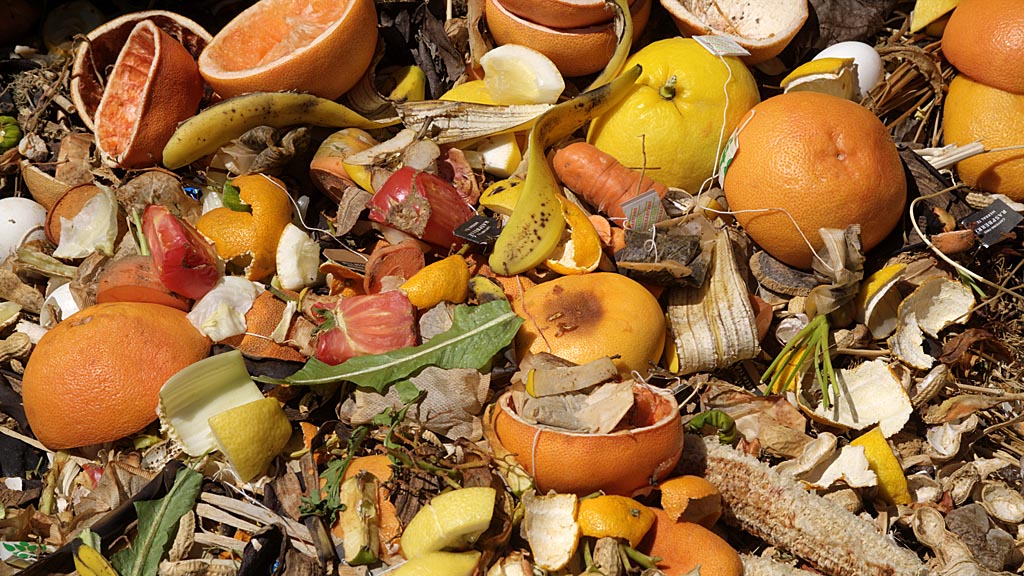Half of world’s food is thrown away, says report
Up to 50 per cent of all the food produced in the world ends up being thrown away – and poor storage, sell-by dates and “get one free” offers are all to blame, says a new study.

Each year countries around the world produce some 4 billion tonnes of food. But between 30 per cent and 50 per cent never gets eaten, according to Global Food; Waste Not, Want Not, a report by the Institution of Mechanical Engineers.
And in addition to poor infrastructure and storage, over-strict sell-by dates and “get one free” offers, it identifies consumer fussiness a factor behind the wastefulness.
In the UK, up to 30 per cent of vegetable crops are not harvested because their physical appearance fails to meet the exacting demands of consumers. And half of the food purchased in Europe and the US is thrown away after it is bought, the report adds.
Water wastage
Vast quantities of water are also wasted in global food production, it is claimed. Around 550 billion cubic metres of water are used to grow crops that never reach the consumer, according to the report. Producing one kilogram of meat is also said to take 20 to 50 times more water than producing the same weight of vegetables.
The demand for water in food production could reach 10-13 trillion cubic metres a year by 2050, the institution said – up to 3.5 times greater than the total amount of fresh water used by humans today, raising the spectre of dangerous water shortages.
The amount of food wasted and lost around the world is staggering. Dr Tim Fox, Institution of Mechanical Engineers
Dr Tim Fox, head of energy and environment at the Institution of Mechanical Engineers, said: “The amount of food wasted and lost around the world is staggering. This is food that could be used to feed the world’s growing population – as well as those in hunger today.
“It is also an unnecessary waste of the land, water and energy resources that were used in the production, processing and distribution of this food.
“The reasons for this situation range from poor engineering and agricultural practices, inadequate transport and storage infrastructure through to supermarkets demanding cosmetically perfect foodstuffs and encouraging consumers to overbuy through buy-one-get-one free offers.”
Welcoming the report, the charity Save the Children urged the government to push for concrete action at this year’s G8 summit: “In a world where 2.3m children die as a result of hunger it is crucial that we act now to reduce food waste and tackle malnutrition.”
Competing human demands
By 2075 the United Nations predicts that the world’s population will reach around 9.5 billion, resulting in an extra 3 billion mouths to feed.
Added stresses on the ability of the world to feed itself include global warming and the growing popularity of meat, which requires around 10 times more resources than staple plant foods such as rice or potatoes.
Dr Fox added: “As water, land and energy resources come under increasing pressure from competing human demands, engineers have a crucial role to play in preventing food loss and waste by developing more efficient ways of growing, transporting and storing foods.
“But in order for this to happen governments, development agencies and organisation like the UN must work together to help change people’s mindsets on waste and discourage wasteful practices by farmers, food producers, supermarkets and consumers.”